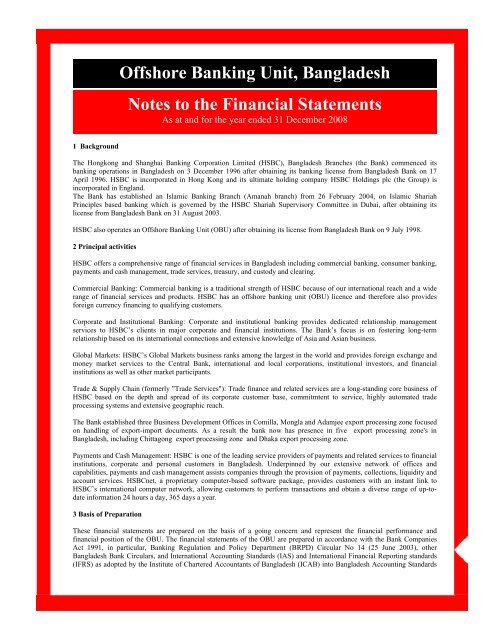Offshore Company Formation: Essential Actions for Worldwide Development
Comprehending the Lawful Ramifications of Offshore Firm Development

Lawful Framework for Offshore Business
When establishing an overseas business, comprehending the lawful structure regulating its development and procedure is important for compliance and risk management. Offshore business run under details regulations and guidelines that differ from those of onshore entities. The lawful framework for overseas companies commonly includes provisions for firm enrollment, shareholder requirements, director obligations, and tax obligation obligations.
Company registration involves sending the required paperwork to the ideal regulative authorities in the picked territory. This process commonly requires comprehensive info about the business's framework, shareholders, and desired tasks. Furthermore, overseas business should abide by particular shareholder needs, such as maintaining a register of shareholders and keeping this info as much as day.
Supervisors of overseas companies have fiduciary obligations to act in the best interests of the firm and its investors. By adhering to the lawful framework regulating overseas business, services can operate with confidence while reducing legal threats.


Tax Effects and Laws
Recognizing the tax implications and regulations is paramount when taking into consideration the establishment and procedure of an overseas company. Offshore business are usually subject to positive tax obligation regimes, providing reduced or zero tax obligation rates on foreign-earned revenue.
Tax policies for overseas business differ considerably throughout territories, and it is vital to seek expert recommendations to understand the specific requirements and commitments. Complete knowledge of tax obligation laws and regulations, as well as appropriate tax obligation planning, are vital to make sure the successful and compliant procedure of an overseas company.
Compliance Requirements and Coverage
Ensuring conformity with governing needs and maintaining exact reporting are important facets of managing an offshore firm successfully and transparently. Offshore firms need to follow the regulations and guidelines of both the jurisdiction in which they are integrated and any kind of various other appropriate territories where they carry out business. Compliance needs generally include filing annual returns, monetary statements, and tax reports with the suitable authorities. Failure to fulfill these obligations can lead to fines, fines, and even the cancellation of the business's enrollment.
Along with governing conformity, overseas business are typically subject to reporting requirements to make certain openness and avoid unlawful tasks such as money laundering or tax obligation evasion. Coverage obligations may entail divulging information concerning the business's possession structure, economic tasks, and beneficiaries. This info might require to official website be shown to regulative bodies, tax obligation authorities, or other governmental agencies, relying on the territory.
Preserving precise and detailed records is vital for showing compliance and reacting to any type of questions or audits effectively. Offshore business need to carry out robust reporting devices and inner controls to make certain that they meet all lawful needs and operate with honesty.
Asset Protection and Personal Privacy Laws
In the realm of overseas company formation, a crucial factor to consider is the interaction in between possession protection methods and privacy laws. Offshore jurisdictions commonly provide boosted property protection devices that protect possessions from possible threats such as suits, financial institutions, or political instability in the home country. By structuring assets within an overseas business, individuals can safeguard their wealth and diversify their holdings throughout different legal structures. Moreover, privacy laws in offshore territories contribute to maintaining confidentiality and anonymity for firm owners. These laws limit the disclosure of sensitive details, making it testing for outside parties to gain access to details about the company's operations or possession framework. This level of personal privacy can be useful for individuals looking for to protect their properties from public analysis or competitors. It is critical for individuals to browse these regulations morally and transparently, guaranteeing compliance with both offshore laws and the lawful demands of their home nation. Eventually, comprehending the complex connection in between asset defense strategies and privacy regulations is paramount when considering offshore firm formation.
Obstacles and dangers to Consider
When venturing right into overseas firm development, sensible consideration of prospective threats and challenges is crucial for notified decision-making and tactical webpage planning. In addition, political instability or changes in offshore territories can present a danger to the continuity of operations and the security of possessions held by the offshore company.
Difficulties might also emerge worrying the intricacy of offshore company structures and the demand for experienced lawful and economic guidance to browse the complex governing frameworks of different territories (offshore company formation). Preserving conformity with varying international legislations and policies, as well as prospective language obstacles and social differences, can even more make complex the overseas firm formation procedure. It is vital to be knowledgeable about these dangers and obstacles prior to waging offshore business development to reduce prospective mistakes and ensure a smooth and legally sound establishment
Conclusion
In verdict, overseas firm development involves browsing complicated legal structures, tax obligation implications, conformity demands, and personal privacy laws. Recognizing these facets is crucial for alleviating risks and challenges linked with offshore service procedures. It is important for companies and individuals thinking about offshore business development to seek professional support to ensure conformity with regulations and to secure their properties properly.
The lawful framework for our website offshore business generally consists of provisions for firm registration, investor demands, supervisor obligations, and tax commitments.
Directors of overseas firms have fiduciary tasks to act in the best rate of interests of the company and its investors. By sticking to the legal structure governing overseas firms, businesses can operate with self-confidence while lessening legal risks.
Furthermore, political instability or adjustments in overseas jurisdictions can present a threat to the continuity of procedures and the security of possessions held by the overseas business. - offshore company formation
In final thought, offshore business formation includes navigating complicated lawful frameworks, tax obligation implications, conformity needs, and personal privacy laws.